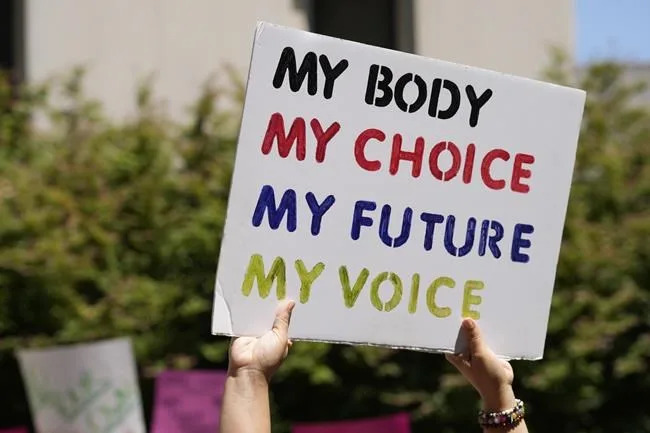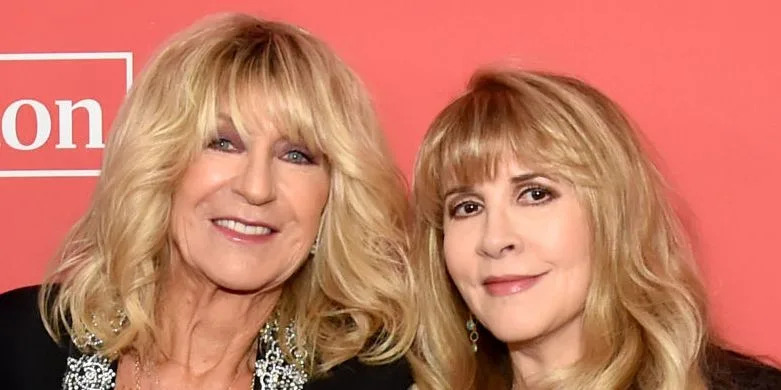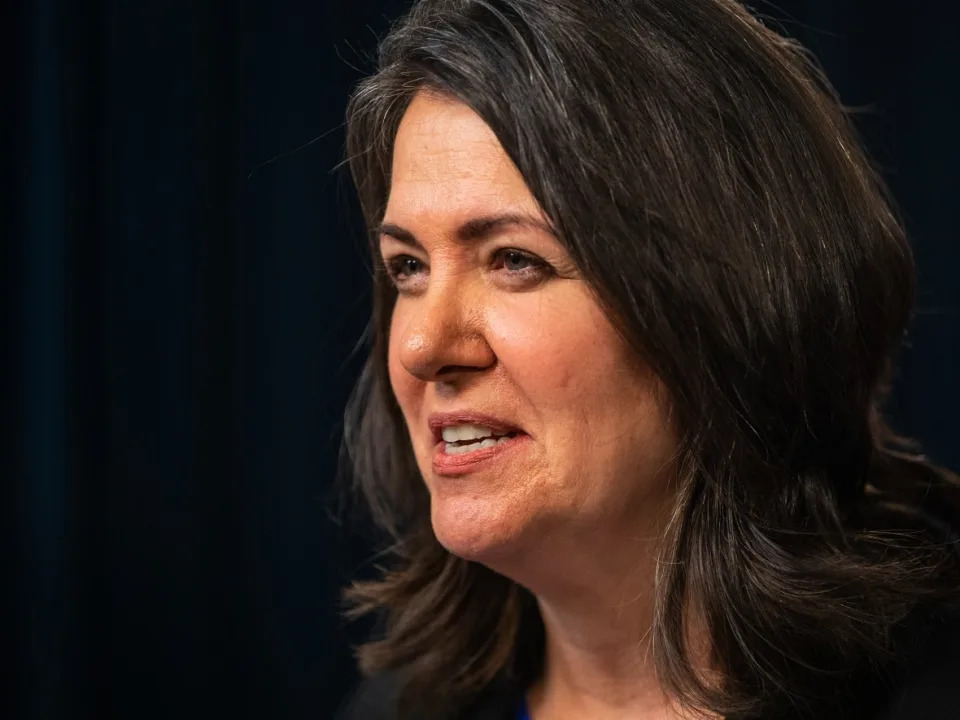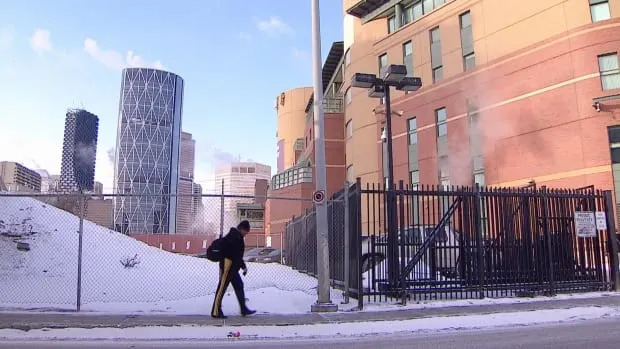Tue, November 29, 2022
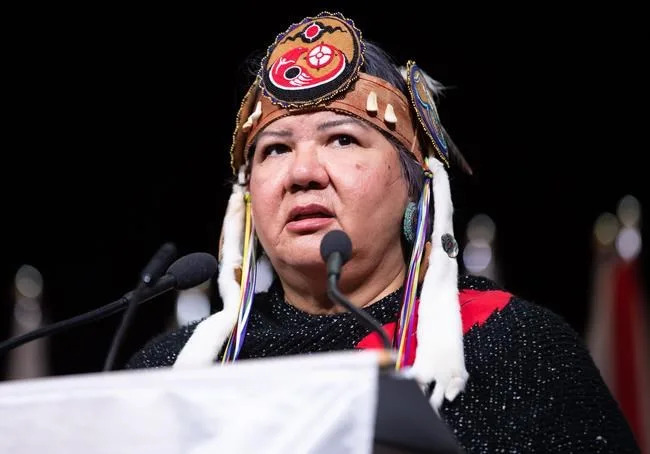
OTTAWA — Proposed changes to the Official Languages Act are likely to create more "arbitrary barriers" for Indigenous people hoping to work in federal institutions and advance to higher levels, says the Assembly of First Nations.
The national advocacy organization, representing more than 600 First Nations across the country, issued its warning to a parliamentary committee that is studying amendments to the law.
Last spring, Prime Minister Justin Trudeau's government introduced plans to reform the Official Languages Act to modernize the legislation, including more measures to promote the use of French.
In a brief submitted to the committee, the Assembly of First Nations says the bill "continues the federal government’s approach of privileging English and French while devaluing Indigenous languages."
Among the amendments proposed to the existing language law, last touched in 1988,is the extension of language rights to federally regulated private businesses in Quebec or regions elsewhere in Canada that have a francophone population.
It also specifies that managers and supervisors in federal institutions within Ottawa and Gatineau, Que., should be able to communicate in both French and English.
Only about 10 per cent of First Nations people can speak both official languages, according to the assembly's submission, so the proposed changes risk limiting who can access those jobs.
"First Nations peoples should not be forced to learn additional colonial languages to be eligible for positions within federal institutions," the document says.
"The government of Canada's approach to languages has privileged English and French over Indigenous languages. This is a modern reflection of Canadian colonialism's exclusion of Indigenous Peoples."
The document recommends that Parliament, in considering changes to the law, should exempt Indigenous employees in federal institutions from bilingual language requirements.
Despite presenting its concerns to the official languages committee that is studying the bill, the Assembly of First Nations has not appeared as a witness. And a list of 45 witnesses scheduled to appear does not include representatives of other Indigenous groups.
Members of Parliament on the committee have already begun debating a Liberal motion to see the bill and all of its amendments move onto the next stage of the legislative process.
Liberal MP Marc Serré, the parliamentary secretary to the minister of official languages, said Tuesday that "we're going to look at passing the bill the way it is now."
Serré said that organizations were invited to provide their thoughts in writing, and that the government heard from Indigenous individuals and groups during earlier consultations. But it was not clear whether he was aware of the assembly's submission or the concerns that it contained.
Conservative MP Joël Godin, who is also a member of the committee, said Indigenous languages are separate from the matter of improving Canada's laws around providing services in French and English.
Godin also said it appears the governing Liberals don't want to hear from any other witnesses who could speak about the concerns brought forward by the AFN.
The office of the president of Treasury Board said in a statement Tuesday that the government recognizes that speaking an Indigenous language is an asset and it is analyzing data collected on the use of Indigenous languages by public servants in the delivery of services to Canadians.
"The Government of Canada understands that some Indigenous public servants may consider official language requirements a barrier to career progression in the federal public service," reads the statement.
"We are developing a new second language training framework for the public service that is responsive to the needs of all learners, including the specific needs of Indigenous persons. We are also working with Indigenous employees to address any barriers they may face to learning French and English."
Tensions over bilingual language requirements are nothing new for some Indigenous employees.
Earlier this year, the federal Treasury Board rejected a call to extend an $800 annual bonus for public servants who are required to speak French and English at work to those who speak an official language and an Indigenous language.
Some have also called for the public service to exempt Indigenous employees from having to speak both languages as a way to increase Indigenous representation within its ranks, particularly in senior positions.
The federal Liberals have said they want to preserve and promote the use of Indigenous languages. In 2019, their government passed legislation aimed to help communities do just that, after previous policies such as the residential school system sought to eradicate the languages' existence.
But the assembly says in its submission that the 2019 legislation fails to provide anything close to the language protections offered to French in the Official Languages Act.
This report by The Canadian Press was first published Nov. 29, 2022.
Stephanie Taylor and Michel Saba, The Canadian Press


